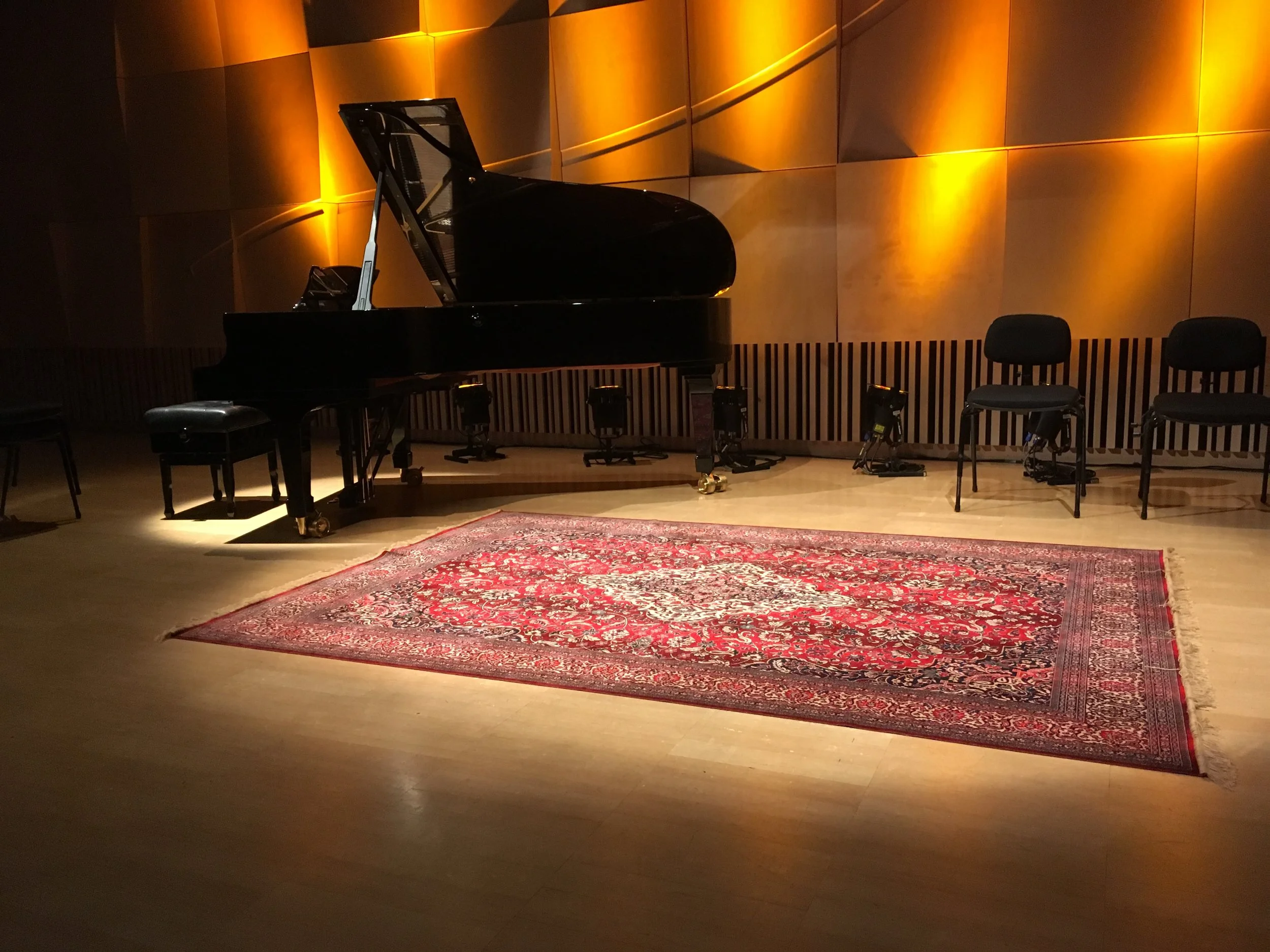Pre-concert Talks 2018: Thomas Hampson at MRC.
Read moreProgram notes: Reflections on Piazzolla.
Reflections on Piazzolla
I met Astor Piazzolla when I was 14. He came to my little city of San Juan in the northwest of Argentina with his most revolutionary ensemble to date, the Noneto, full of electronic instruments, percussion, electric guitar, as far as you could get to even 'new' Tango.
The effect was electrifying!
With the chutzpah of my few years I asked him to write something for me. I never gave him an address and we never met again...
A few years later, living in Paris, I started including Argentinian composers in my recital programs; Ginastera (one of his teachers), Guastavino and some simple arrangements of Piazzolla scores I'd found in Buenos Aires. My mother said I played them like Schumann...
Never thought to go back to his music until I met Pablo Ziegler in Sydney in 2001. After playing together some of Pablo's arrangements for 2 pianos, I started working on my own, with different combination of ensembles that lead to more performances.
I've lived and visited most of his cities: of Buenos Aires I know every hour and every season. Paris, city of his greatest triumphs, where he found his voice guided by the legendary Nadia Boulanger. New York, the city that gave him his first bandoneón and a love for Bach and Bela Bartok.
A few years ago I was visiting a friend in Rome. Walking around the city he asked where I would like to go. Piazza Navona, I said, I've never been and Piazzolla lived there. A few minutes later, just around a corner, there it was with the magnificent fountains and renaissance terraces on either side. I was totally overwhelmed by the beauty of the place and his lingering presence. Sitting at a cafe behind the square, my friend pointed to the left and announced: Sant' Andrea della Valle, first act of Tosca. I looked up to the church and felt like at least two of my worlds collided...
This are some of my 'connections'. This is my personal tribute to the man that gave an unmistakable sound to my country.
Copyright © 2013 Andrea Katz
A book that changed my life: The Glass Bead Game, Hermann Hesse
From The Glass Bead Game, Hermann Hesse, 1943
"The Waldzell school was, incidentally, the smallest of the Castalian schools. The number of students rarely exceeded sixty, and undoubtedly this circumstance also helped to lend it an air of uniqueness and aristocracy, of special distinction, for here was the very elite of the elite. Moreover, during the past several decades this venerable school had produced many Masters and the majority of Glass Bead Game players. Not that Waldzell's brilliant reputation was entirely uncontested. Some thought that the Waldzellers were priggish aesthetes and pampered princes, useless for anything but the Glass Bead Game. At times there would be a vogue among the schools for making sardonic comments on the Waldzell students; but the very harshness of the jokes and criticisms proves that jealousy and envy underlay them. All in all, the transfer to Waldzell in itself implied a certain distinction. Joseph Knecht, too, realised that, and although he was not ambitious in the vulgar sense of the word, he accepted the distinction with a measure of joyous pride"
